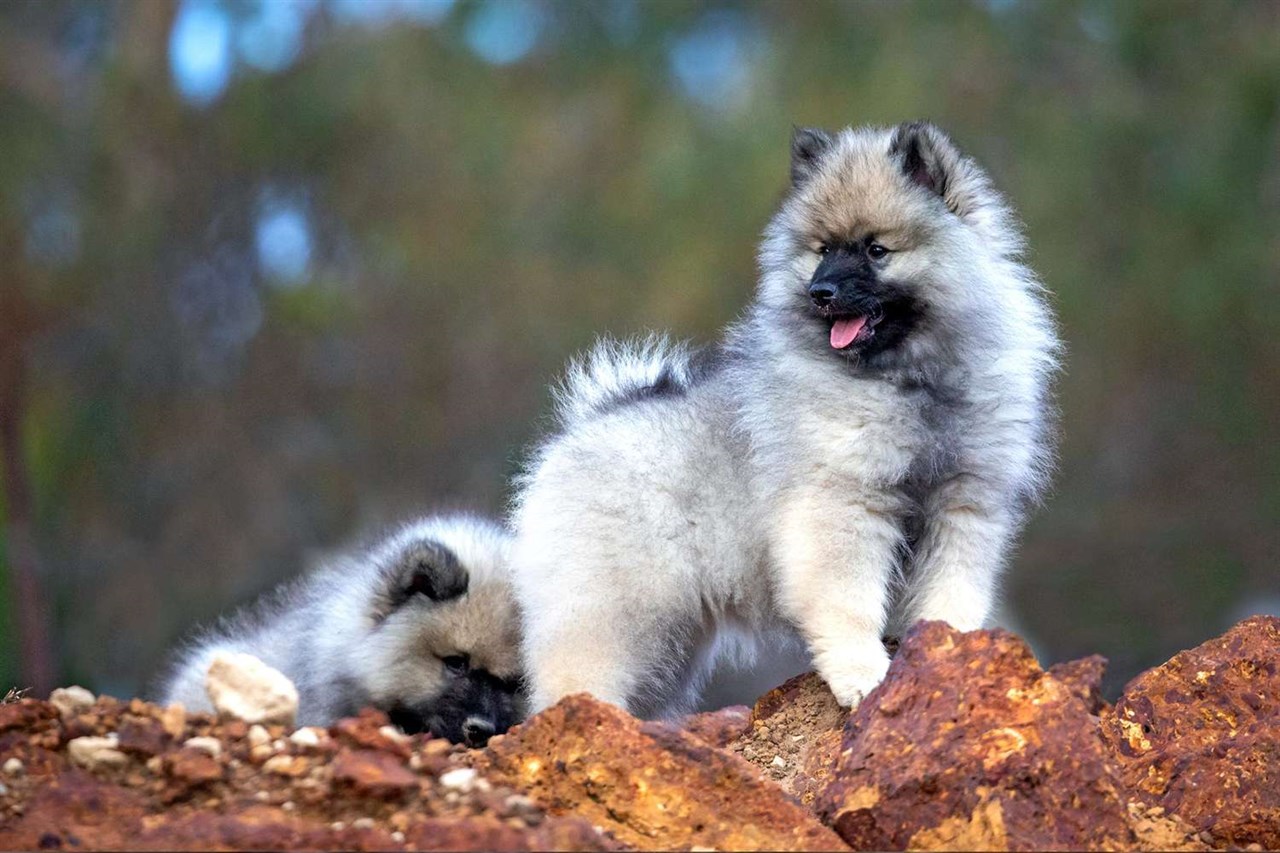Feeding Habits and Food Requirements of the Keeshond: Nutritional Care for a Vibrant Companion

Proper feeding habits and nutrition are critical components of caring for a Keeshond's health and well-being. Understanding their food requirements and feeding habits is essential for keeping these intelligent and lively dogs in optimal condition.
Nutritional Needs
Keeshonds, like all dogs, require a balanced diet that provides essential nutrients to support their overall health. A high-quality commercial dog food formulated for their life stage (puppy, adult, or senior) is typically recommended. Look for products that list a protein source (e.g., chicken, beef, or fish) as the primary ingredient and avoid foods with excessive fillers or artificial additives.
Feeding Schedule
Establishing a consistent feeding schedule is important for Keeshonds. Adult Keeshonds are usually fed twice a day, while puppies may require more frequent meals. Scheduled feedings help regulate their digestion and can assist in housetraining.
Portion Control
Be mindful of portion control to prevent overfeeding, which can lead to obesity. Follow the manufacturer's guidelines on the dog food package or consult with your veterinarian to determine the appropriate portion size for your Keeshond's age, weight, and activity level.
Avoiding Table Scraps
While it may be tempting to share human food with your Keeshond, it's important to avoid feeding them table scraps, as some foods can be toxic to dogs. Stick to a well-balanced dog food diet to ensure they receive the necessary nutrients.
Fresh Water
Provide access to fresh, clean water at all times. Proper hydration is vital for a dog's overall health.
Treats and Snacks
Treats and snacks can be given in moderation as rewards during training or as an occasional special treat. Opt for healthy dog treats that complement their diet and avoid overindulgence, which can contribute to weight gain.
Special Dietary Considerations
Some Keeshonds may have specific dietary needs or sensitivities. If your dog has allergies or other health concerns, consult with your veterinarian to determine an appropriate diet or consider specialised dog foods designed for specific dietary requirements.
Transitioning Foods
If you need to change your Keeshond's diet, do so gradually over several days to minimise digestive upset. Gradually mix the new food with the old food, increasing the proportion of the new food each day until the transition is complete.
Regular Vet Checkups
Regular veterinary checkups are essential to monitor your Keeshond's overall health and weight. Your vet can also provide guidance on nutrition and any dietary adjustments that may be necessary as your dog ages.
Providing your Keeshond with a balanced diet, portion control, and proper feeding habits is essential for their health and longevity. Consulting with your veterinarian for guidance on nutrition and dietary choices can help ensure that your Keeshond receives the best possible care and nutrition throughout their life.